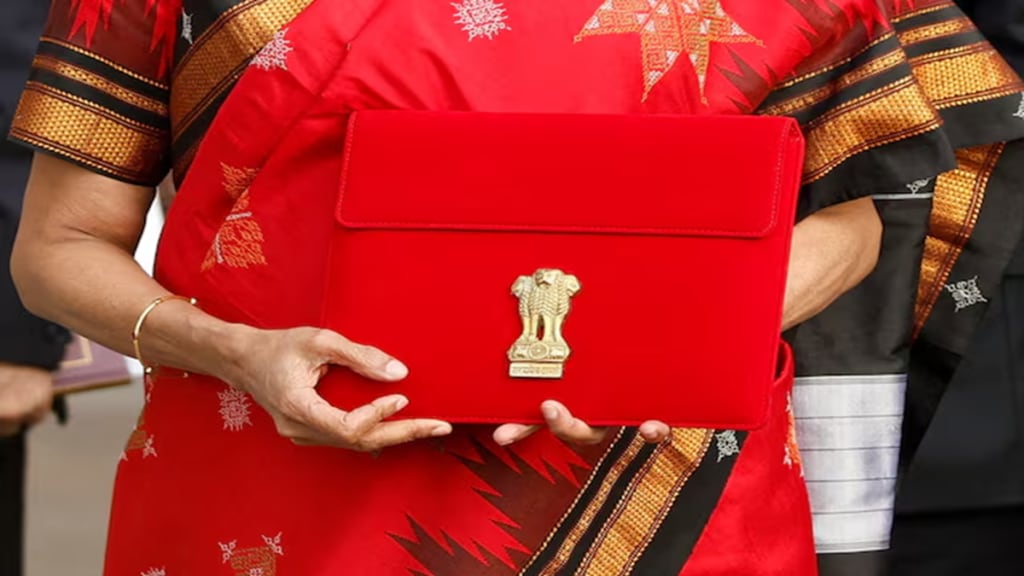As the Union Budget 2025 approaches, fintech leaders anticipate reforms from Finance Minister Nirmala Sitharaman that will bolster financial inclusion, credit accessibility, and digital infrastructure. These include R&D incentives, reduced compliance burdens, gender-focused entrepreneurship programs, GST reductions to promote digital banking, and more. Fintechs are also advocating for policies encouraging innovation, risk assessment, and digital lending, while digital lenders seek stricter fraud prevention and dedicated credit funds.
Transaction safety and security
Dilip Modi, Founder & CEO, Spice Money: It is imperative to prioritize measures that strengthen the digital financial ecosystem, particularly in rural India. While AePS (Aadhaar Enabled Payment System) has revolutionized cash-in cash-out (CICO) operations, ensuring transaction safety and security remains a critical focus for the fintech ecosystem.
The framework put forth by Dvara Research highlights the need to integrate existing networks of Transactional Business Correspondents (TBCs) into the Digital Banking Unit (DBU) hierarchy. Additionally, a reduction or waiver of GST on financial services offered at banking agent outlets would significantly ease the financial burden on these grassroots operators, encouraging broader participation in rural banking.
Rationalise GST on financial services
Sabyasachi Goswami, CEO, Perfios: Given the rapid growth of India’s enterprise fintech ecosystem, projected to reach $20 billion by the decade’s end, it is crucial for the upcoming budget to foster innovation and provide a conducive environment for both fintech and tech-fin companies.
Additionally, the BFSI sector would benefit from rationalizing GST on financial services, which remains a long-standing demand, as well as incentives for digital infrastructure expansion to accelerate financial inclusion. Simplifying compliance frameworks for regulated entities and providing clearer guidelines on digital lending partnerships would also help banks and NBFCs collaborate more effectively with tech-fin firms.
Boost efficiency and accessibility in lending
Yashoraj Tyagi, CEO, CASHe: This year’s budget presents opportunities to introduce policies that can strengthen digital infrastructure and enhance access to financial services. There is an urgent need to make the lending process more efficient and accessible, which requires government support through targeted regulatory reforms.
The establishment of a dedicated India Fintech Credit Fund (IFCF) could be a game-changer in enabling smaller fintech companies to access affordable financing. This initiative shall help establish robust regulation to curb illegal lending, consumer protection, and enhancement. Besides, the gaps in underserved markets, especially in Tier II and Tier III cities, need to be addressed.
Enhance credit guarantee schemes
Arun Poojari, CEO & Co-Founder, Cashinvoice: Despite government initiatives and customized financing solutions, MSMEs in India continue to face persistent challenges. Critical steps include enhancing credit guarantee schemes and fostering innovative financing models, such as revenue-based financing and supply chain finance.
Furthermore, prioritizing inclusive growth by focusing on the needs of underserved MSMEs, including those in rural areas and women-led enterprises, is key. Introducing a Unified Lending Interface (ULI)—a transformative platform modeled after UPI—can potentially revolutionize the lending landscape.
Special liquidity windows for NBFCs, fintechs
Tashwinder Singh, CEO & MD, Niyogin Fintech: The upcoming budget is crucial for India’s dynamic MSME sector, which forms the backbone of our economy. I anticipate a strong emphasis on facilitating credit access, potentially through innovative solutions like special liquidity windows for NBFCs and fintech companies. Investing in infrastructure that directly supports MSMEs is crucial.
It is vital to recognize the mounting costs and working capital pressures these businesses face and find ways to alleviate them. Addressing the challenge of non-performing assets in this sector is important for ensuring lenders’ stability. Additionally, prioritizing upskilling programs and creating an equal playing field for women entrepreneurs will promote fairness and uncover significant potential, fostering inclusive growth.
Encourage R&D investments
Yamini Bhat, CEO & Co-founder, Vymo: The Union Budget 2025 is an opportunity to not just accelerate India’s tech evolution but also ensure that this growth is inclusive and equitable. I believe that policies that encourage R&D investments, reduce compliance hurdles, and provide tax incentives for cloud-based and automation solutions will be instrumental in scaling India’s digital capabilities globally.
I also think that it becomes important to boost entrepreneurial initiatives, especially by women in Tier II and III cities. Here, women-led startups, despite their potential, often face barriers in accessing capital and networks. Additionally, targeted skilling programs in digital technologies for women in Tier II and III cities would ensure that talent from all parts of India participates in and benefits from the tech revolution.

